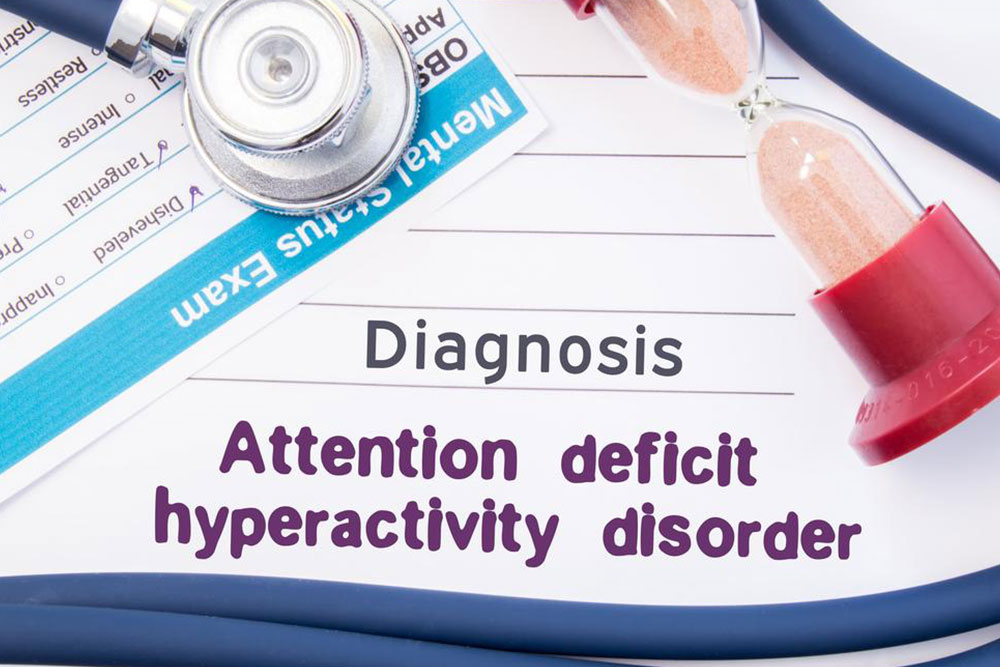Comprehensive Insights into the Causes and Management of Attention Deficit Hyperactivity Disorder (ADHD)
This comprehensive article explores the multifaceted causes of ADHD, including genetics, brain injury, and environmental factors. It emphasizes early diagnosis and various management strategies such as behavioral therapy and medication to improve quality of life for those affected. Understanding these elements aids in implementing effective treatment plans and highlights the importance of early intervention to minimize long-term impacts of ADHD on education, career, and personal relationships.

Comprehensive Insights into the Causes and Management of Attention Deficit Hyperactivity Disorder (ADHD)
Attention Deficit Hyperactivity Disorder (ADHD) stands as one of the most common neurodevelopmental conditions affecting both children and adults worldwide. Characterized by persistent patterns of impulsivity, difficulty maintaining focus, and excessive hyperactivity, ADHD can significantly interfere with daily functioning if not properly managed. These behaviors go beyond occasional forgetfulness or restlessness; in individuals with ADHD, such symptoms are chronic and often impair educational achievement, job performance, and personal relationships. Recognizing the underlying causes of ADHD is essential for early intervention and tailored treatment strategies that can help individuals lead more balanced and productive lives.
Understanding the root factors of ADHD involves exploring an intricate interplay of genetic, neurological, and environmental influences. Although the complete picture remains complex, advances in neuroscience and genetics have provided clearer insights into how these elements interact to produce ADHD symptoms. Early detection and comprehensive management plans are key to mitigating the long-term impacts of this disorder and improving quality of life.
Key Factors That Contribute to ADHD Development
The core of ADHD stems from differences in brain structure and activity patterns. Here are some predominant factors that have been identified through scientific research:
Brain trauma and injury: Serious head injuries, traumatic brain incidents like strokes, or the presence of brain tumors can alter neural pathways that regulate attention, impulse control, and activity levels. Such physical damages can lead to behavioral changes consistent with ADHD symptoms.
Genetic predisposition: Family history is a significant indicator in the likelihood of developing ADHD. Multiple studies reveal that genetics play a crucial role, with children often inheriting predispositions from their parents. Certain gene variants associated with dopamine regulation and neural development are linked to the disorder.
Environmental influences during pregnancy: Exposure to harmful substances during gestation, such as cigarette smoke, alcohol, or illicit drugs, has been associated with an increased risk of ADHD in offspring. Maternal health and environmental conditions during pregnancy can significantly impact fetal brain development.
Dietary and nutritional factors: Nutritional deficiencies—such as insufficient intake of essential fatty acids, iron, or zinc—may influence behavioral issues and attention span. Additionally, some food additives, sugars, and artificial dyes have been suggested to exacerbate hyperactivity in sensitive individuals.
Effective Management and Treatment Approaches
Although there is currently no definitive cure for ADHD, a variety of management strategies aim to alleviate symptoms and improve functioning. Early diagnosis is essential to implement treatment plans promptly and prevent long-term challenges. Typical management approaches include:
Behavioral therapies: Cognitive-behavioral therapy (CBT) helps individuals develop coping skills, organizational strategies, and impulse control techniques.
Medication: Stimulant medications such as methylphenidate and amphetamines are commonly prescribed to balance neurotransmitter levels, improving attention and reducing hyperactivity.
Educational support and accommodations: Tailored educational plans, classroom modifications, and support services help children with ADHD succeed academically.
Dietary and lifestyle modifications: Maintaining a balanced diet, regular exercise, sufficient sleep, and stress management can positively influence symptoms.
Ongoing support from healthcare professionals, parents, educators, and caregivers is vital for devising personalized intervention strategies. These combined efforts can enable individuals with ADHD to lead healthier, more fulfilled lives by effectively managing their condition.





